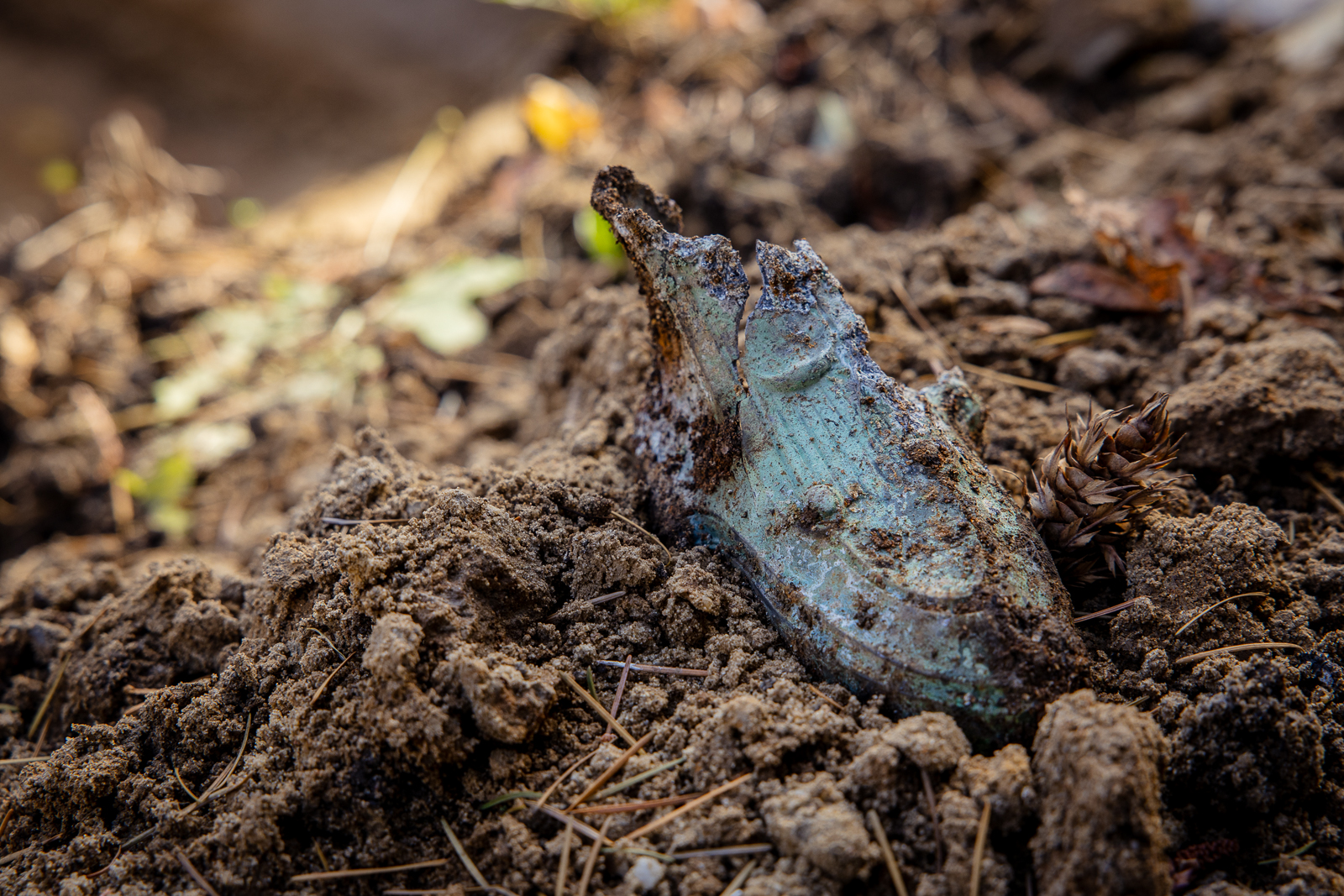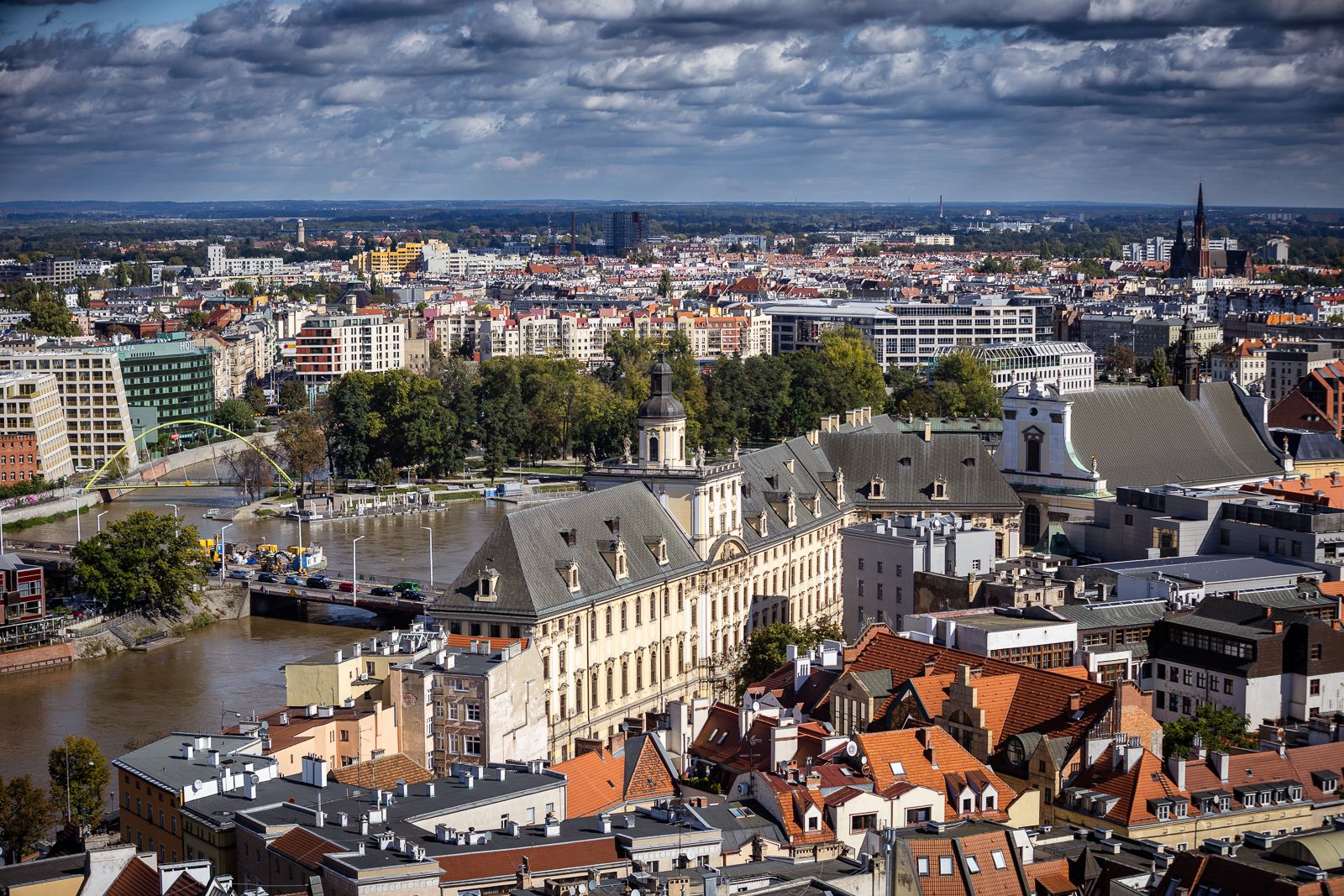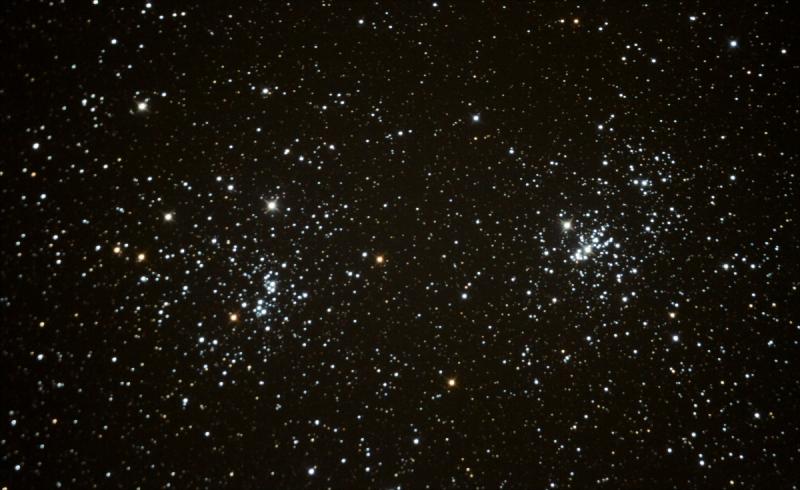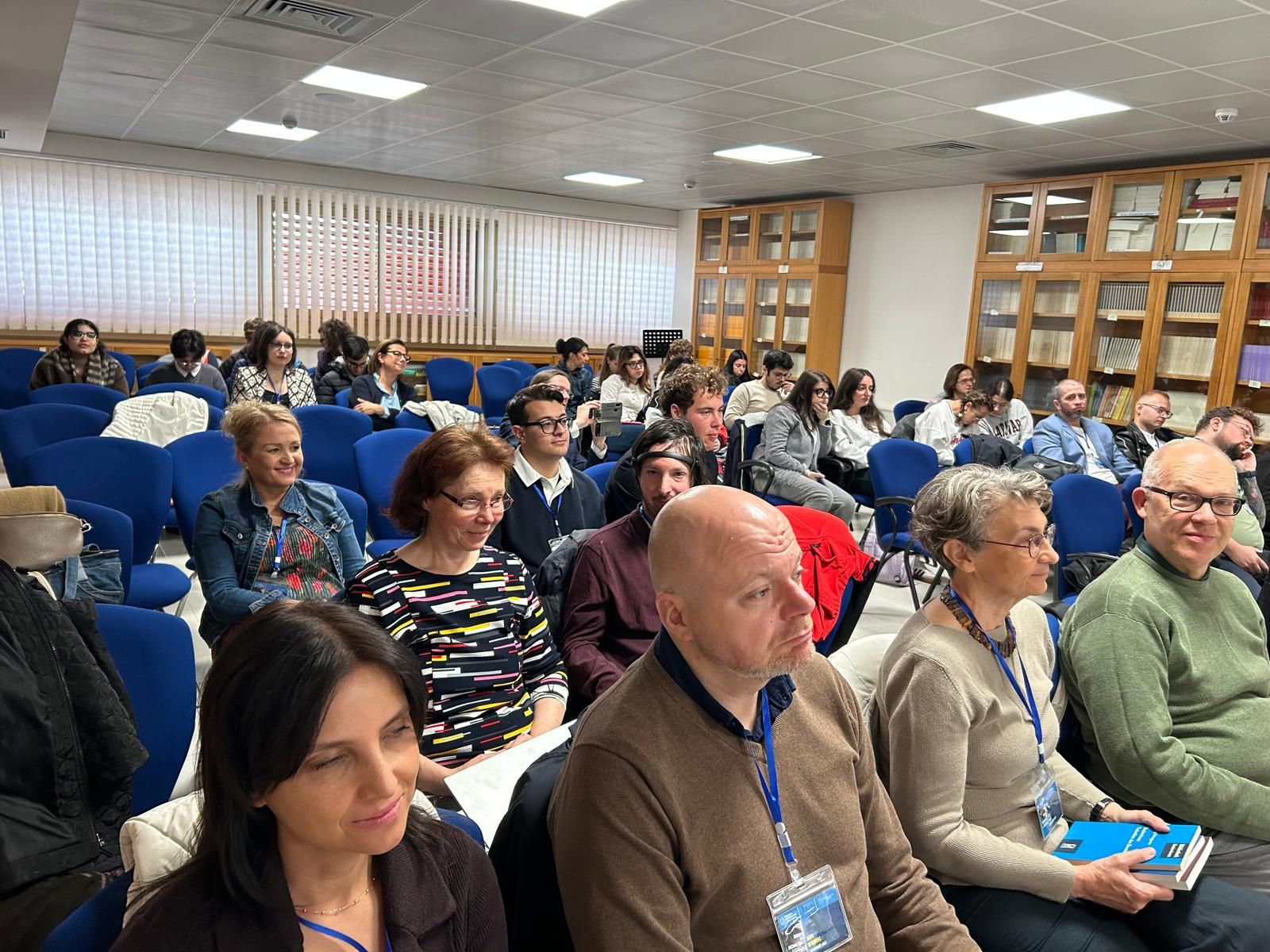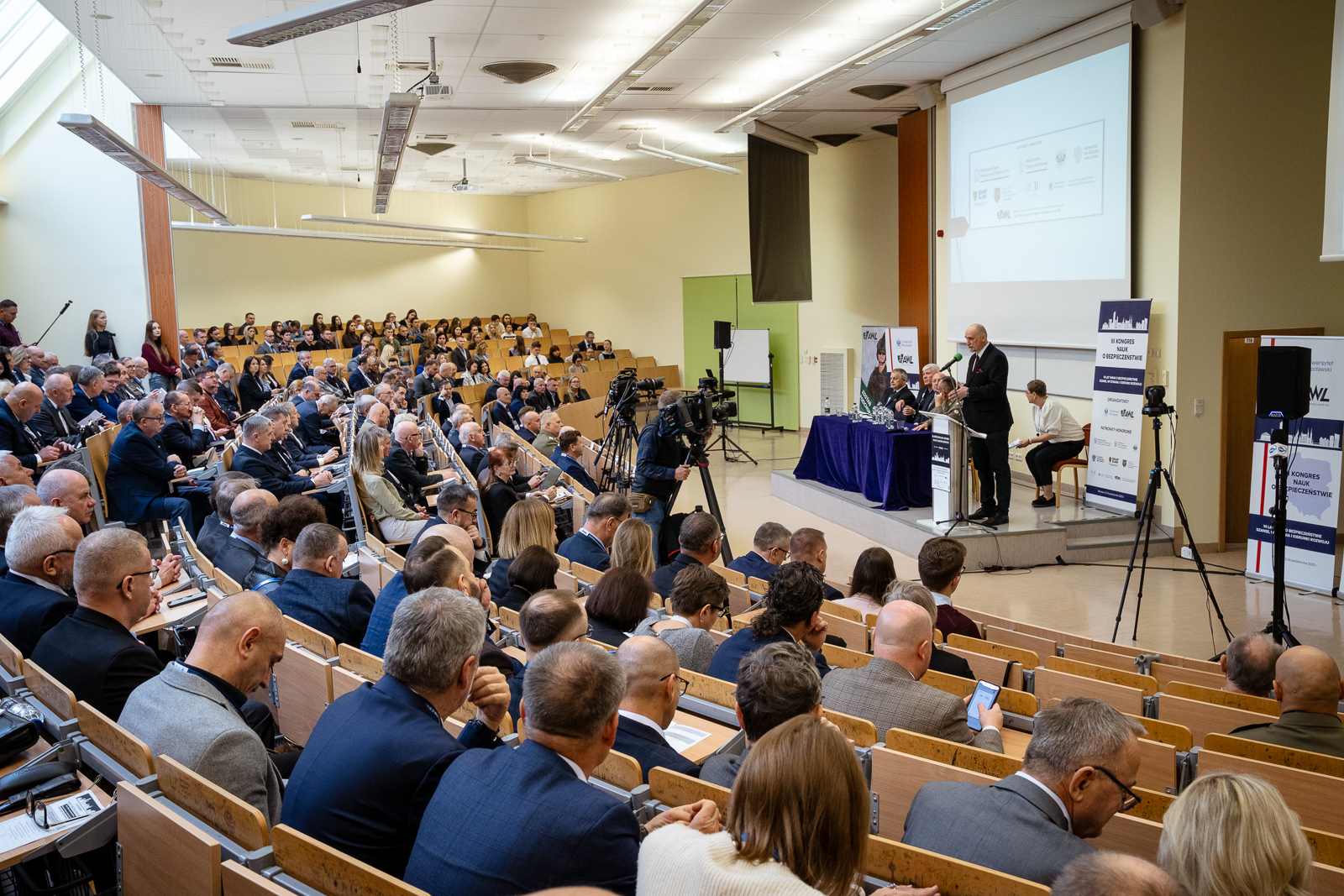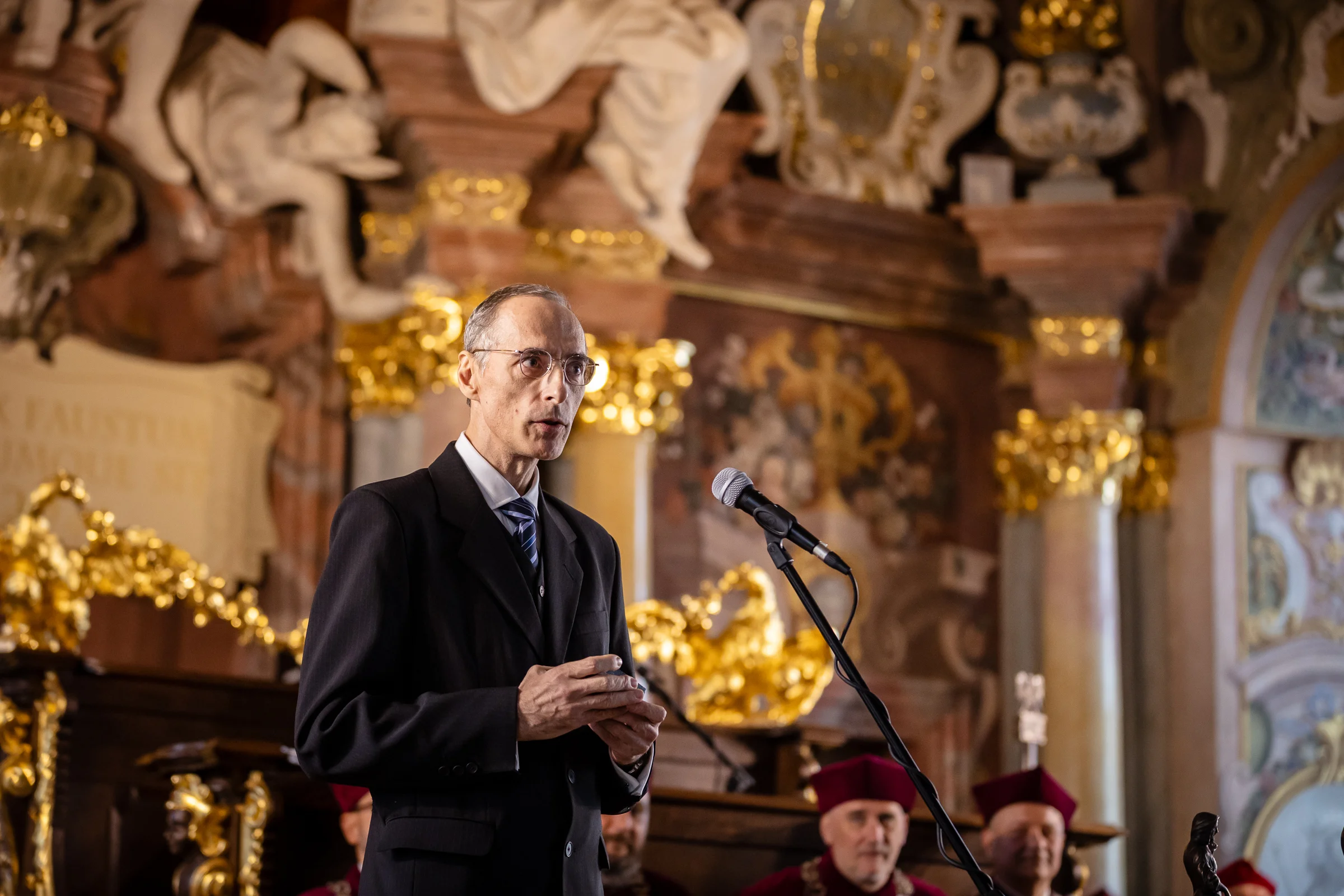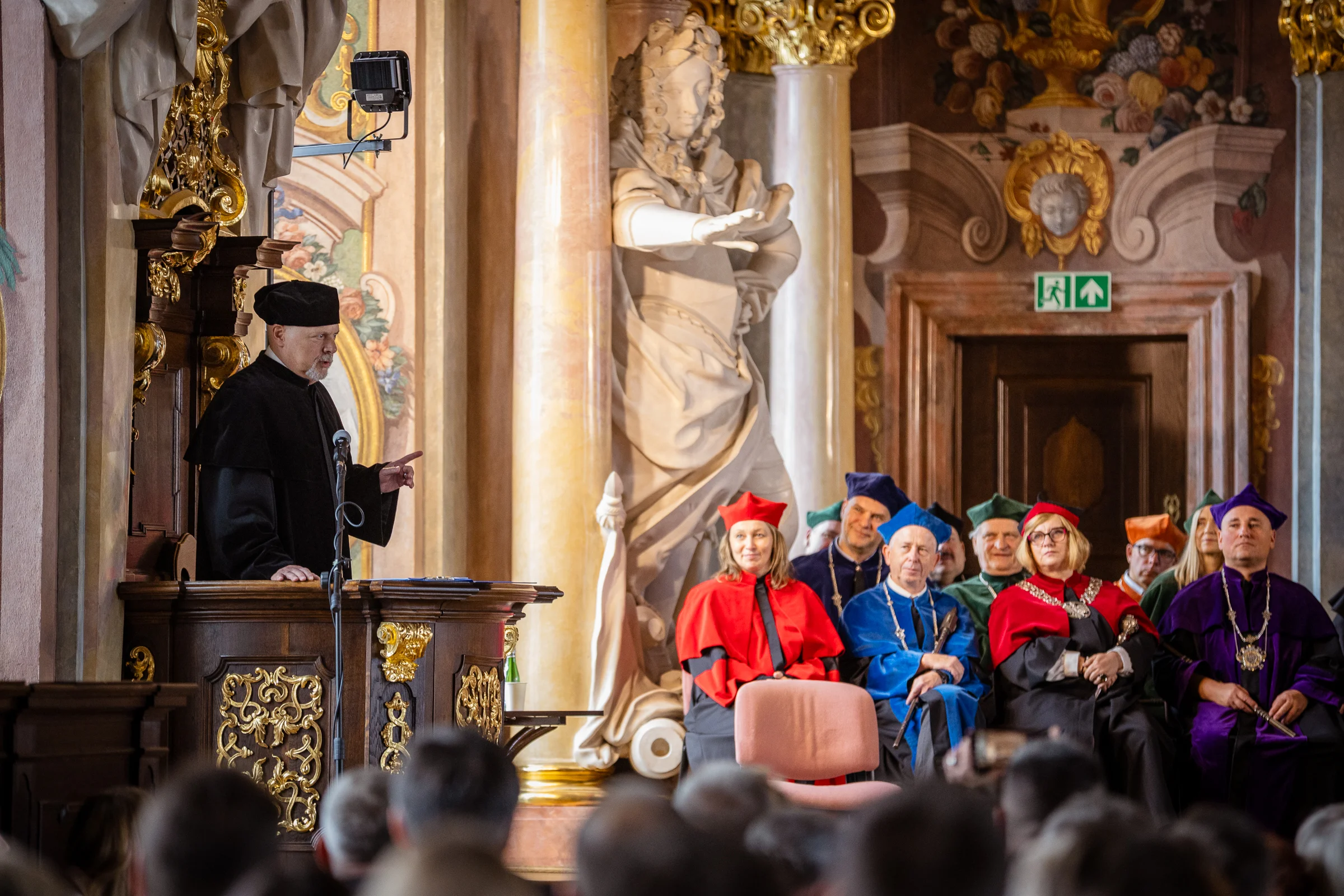UL: Scientific lectures and research
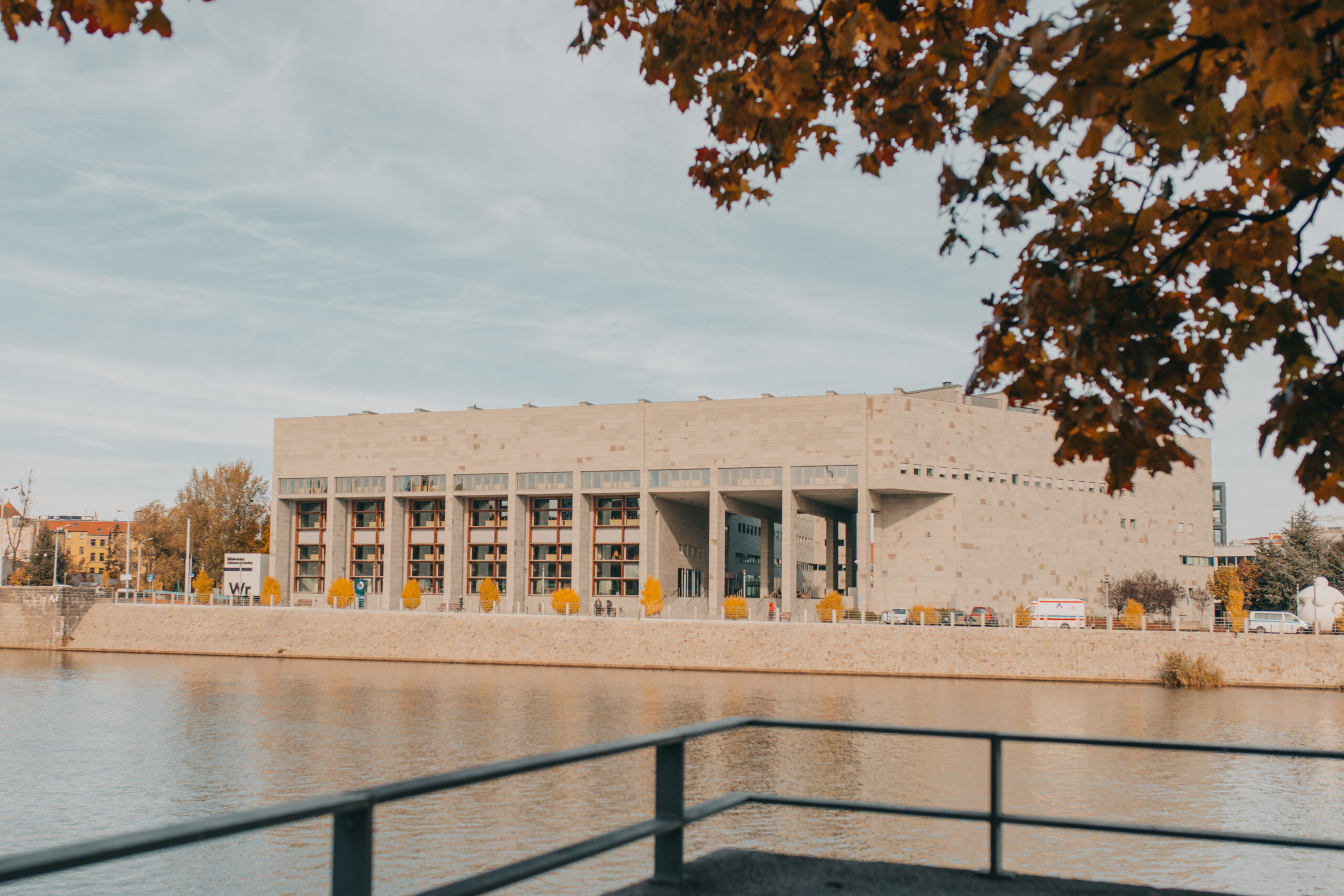
The University Library in Wrocław invites you on 25 November at 2.15 p.m. to conference room no. 3 of the Library of the University of Wrocław (BUWr) for the first lecture in the new series Colloquia Bibliologa Wratislaviensia, dedicated to the history of the early book, manuscripts, writing culture, and libraries. Registration is required.
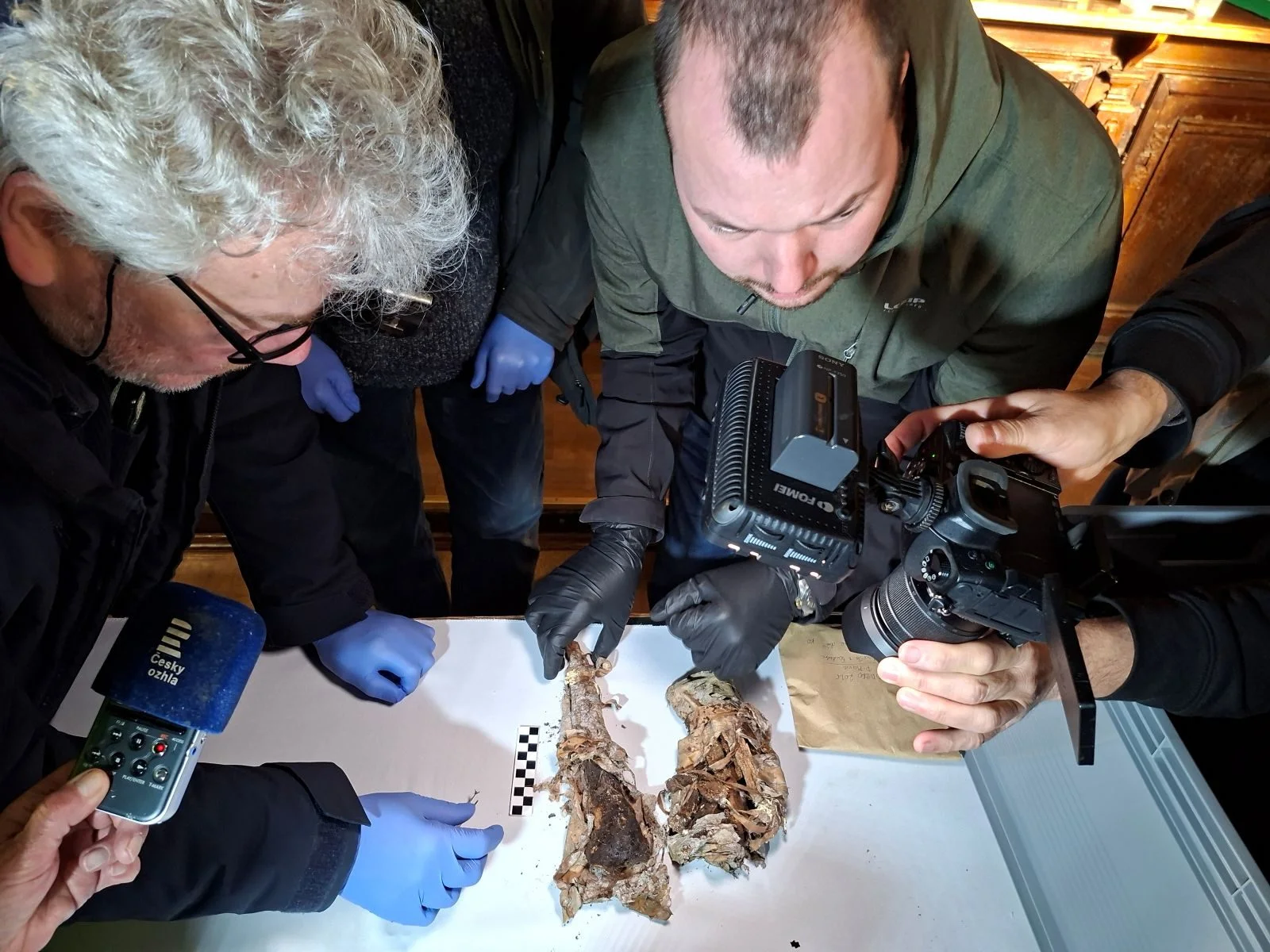
Archaeological works are being carried out in the Crypt of the Collegiate Church of the Assumption of the Blessed Virgin Mary in Kłodzko as part of its renovation. A few days ago, researchers recovered the remains of Arnau of Pardubice (1297–1364), an eminent clergyman who is believed to have originated from Kłodzko.
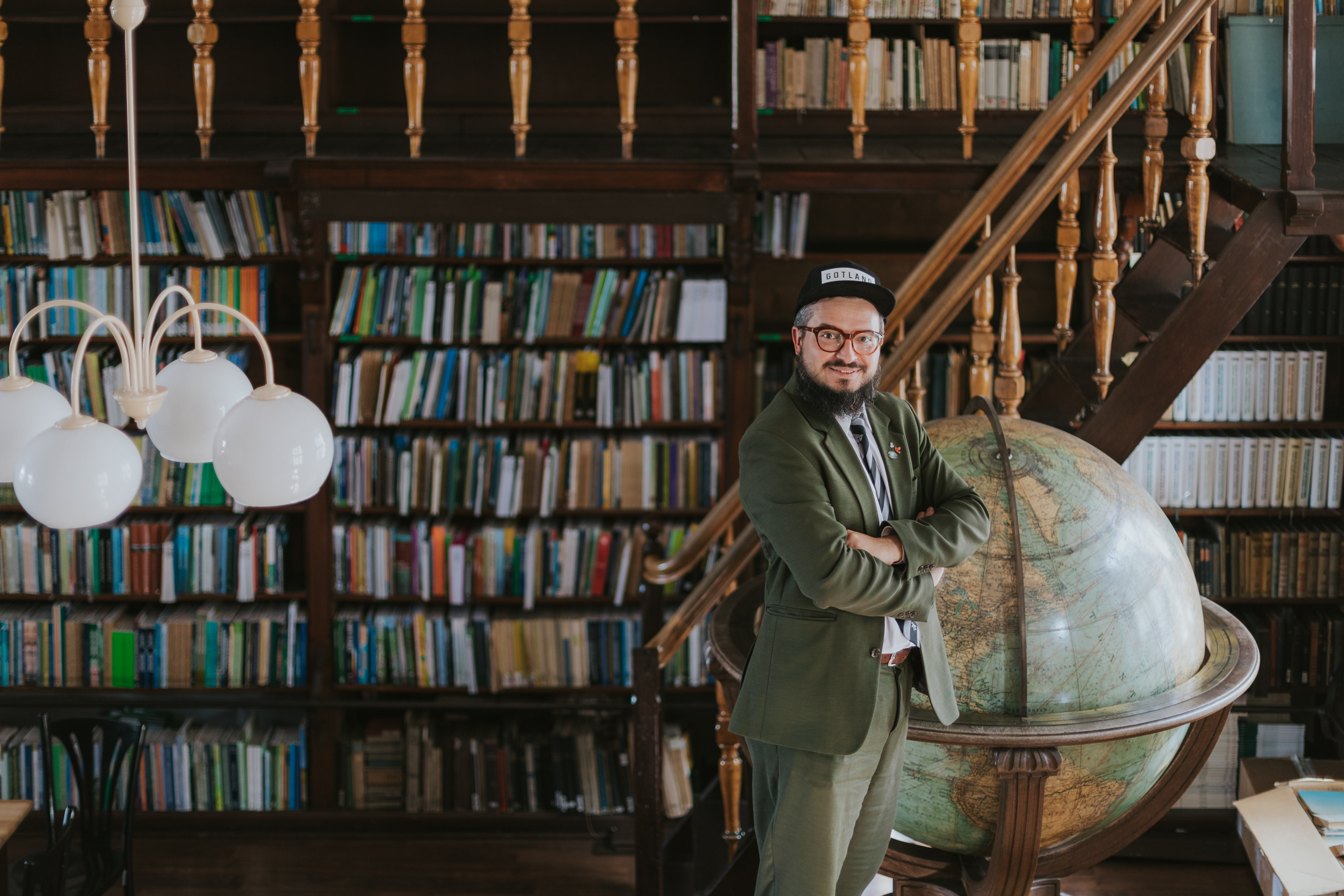
In one of the episodes of Herbatki z Naukowcem on Radio Rodzina, we have the opportunity to dive into the fascinating world of Earth sciences with prof. Mateusz Strzelecki, head of the Department of Geomorphology at the Institute of Geography and Regional Development of the University of Wrocław, and director of the Alfred Jahn Cold Regions Research Centre. He is a geomorphologist and researcher specialising in polar regions.
In October, the University of Salerno hosted an international academic conference „Diskurse der Nachhaltigkeit. Sprachliche Perspektiven auf Ökologie und Gesellschaft.” […]
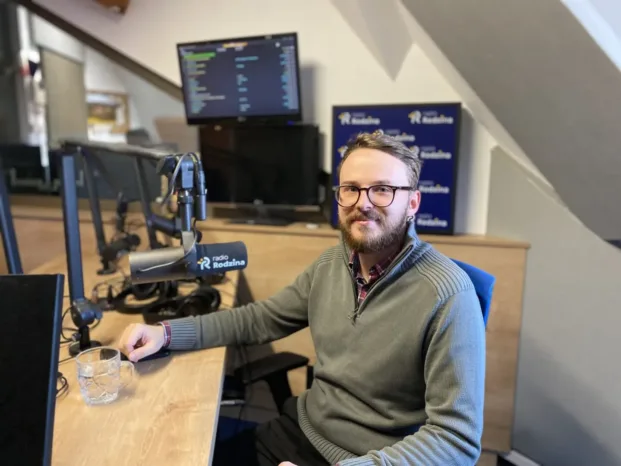
Dr inż. Piotr Kryczka from the Department of Socio-Economic Geography at the University of Wrocław was a guest on Herbatka z naukowcem on Radio Rodzina. The discussion focused on integrated planning – how to reconcile the visions of urban planners with residents’ needs and the challenges of sustainable development.

The Department of Old Dutch Literature of the Chair of Dutch Studies at the University of Wrocław, under the direction of Professor Stefan Kiedroń, cordially invites you to a lecture by dr hab. Jan Waszink (Leiden University, the Netherlands / Tadeusz Manteuffel Institute of History, Polish Academy of Sciences). The lecture, entitled “Hugo Grotius: Father of International Law (400 Years of De jure belli ac pacis, 1625)”, will take place on 23 October 2025 at 5:00 p.m. in the Cultural Salon of the Library of the University of Wrocław (ul. Fryderyk Joliot-Curie 12, 50-383 Wrocław). The event is held within the framework of the “Visiting Professors” programme of the Initiative for Excellence – Research University (IDUB).
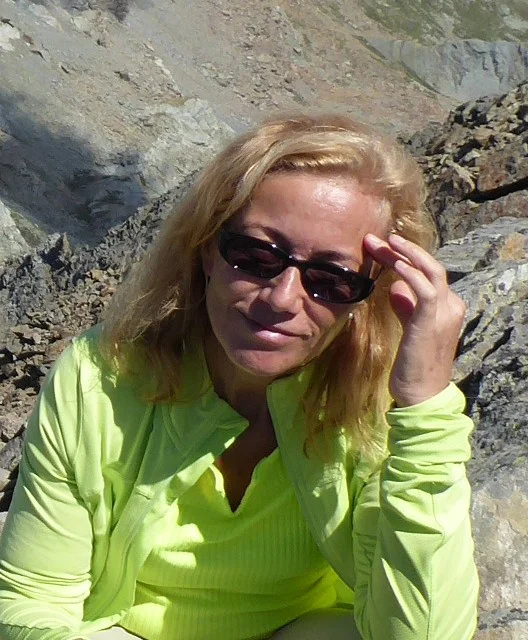
We asked professor Ewa Marcinkowska from the Faculty of Biotechnology at the University of Wrocław – an expert conducting research at the interface of haematology and immunology, focusing on therapies inducing the maturation of blasts in acute myeloid leukaemia – to explain what the immune system is all about and why research into it is so demanding and multifaceted.
We encourage you to read the exquisite lecture that was given by prof. Marek Krajewski titled: The academic experiences of […]




